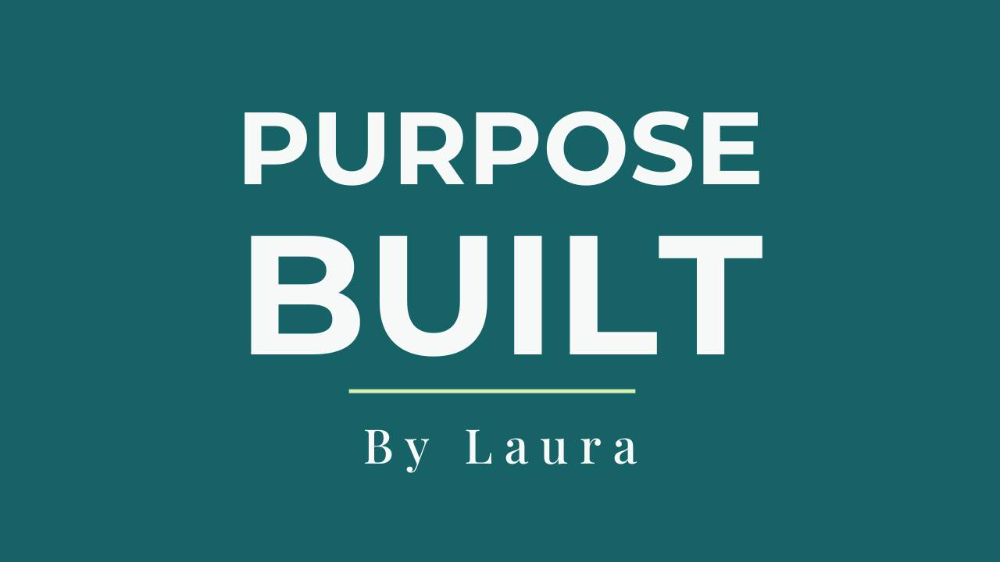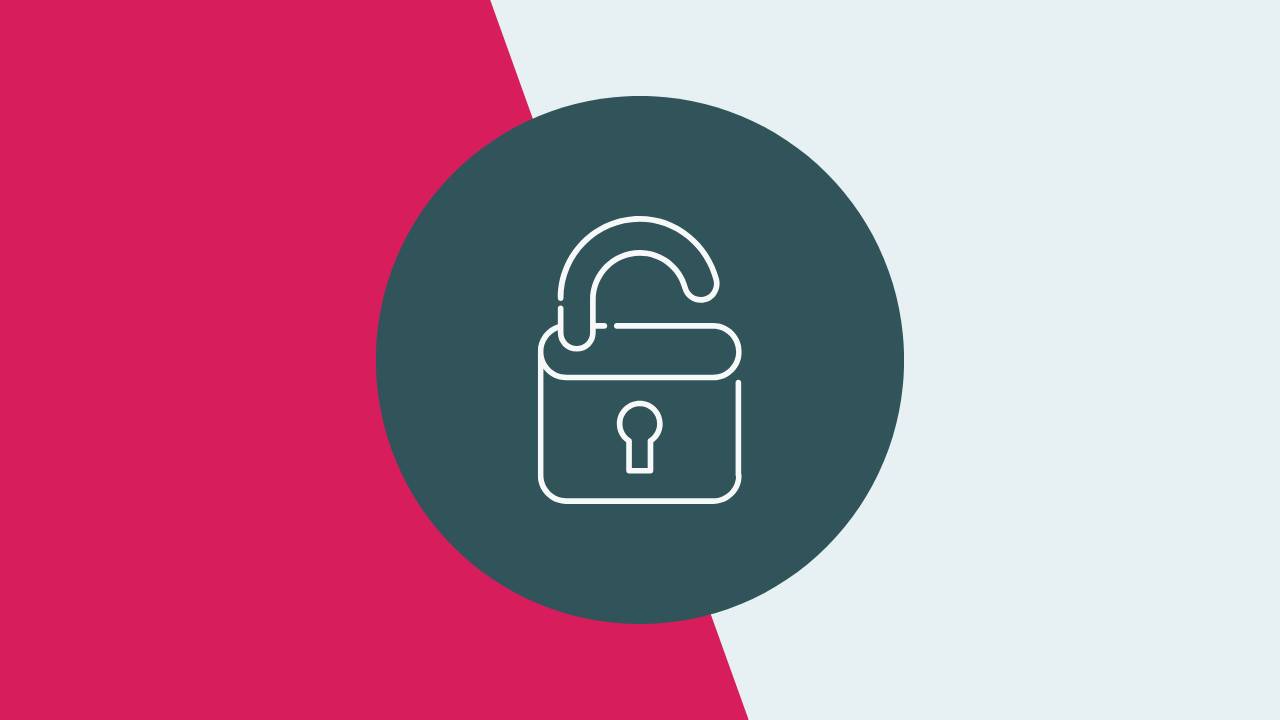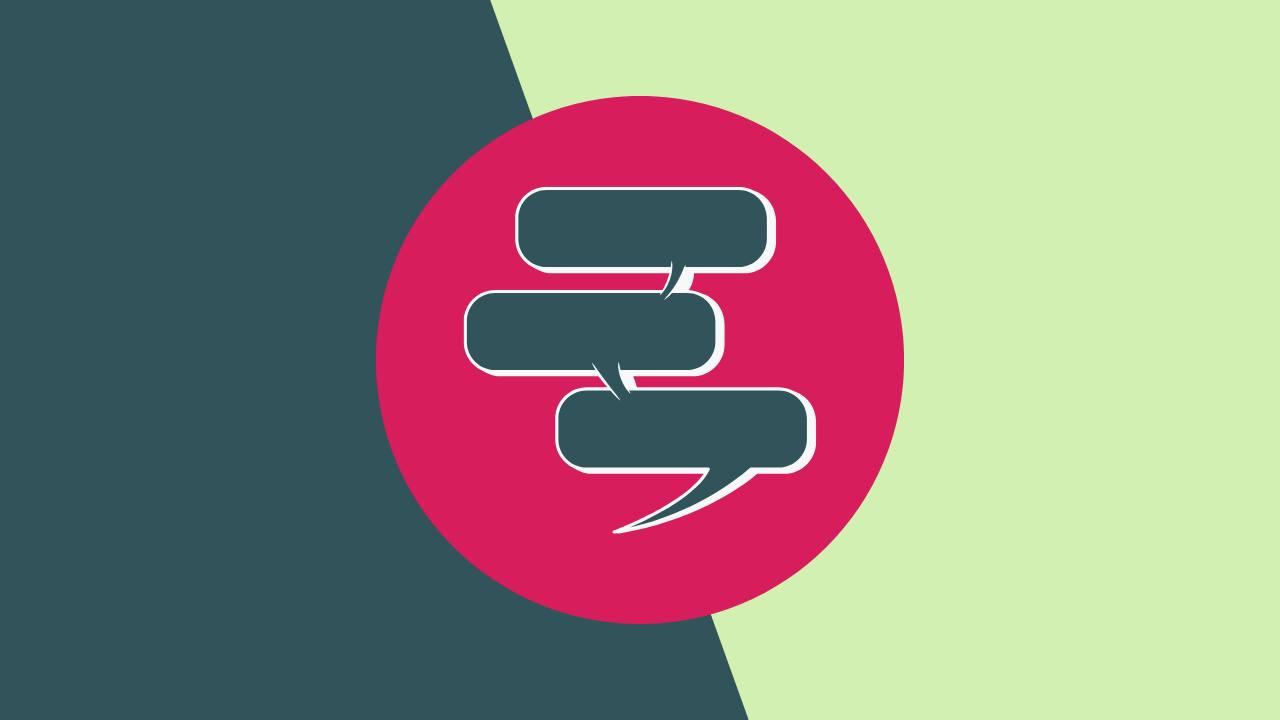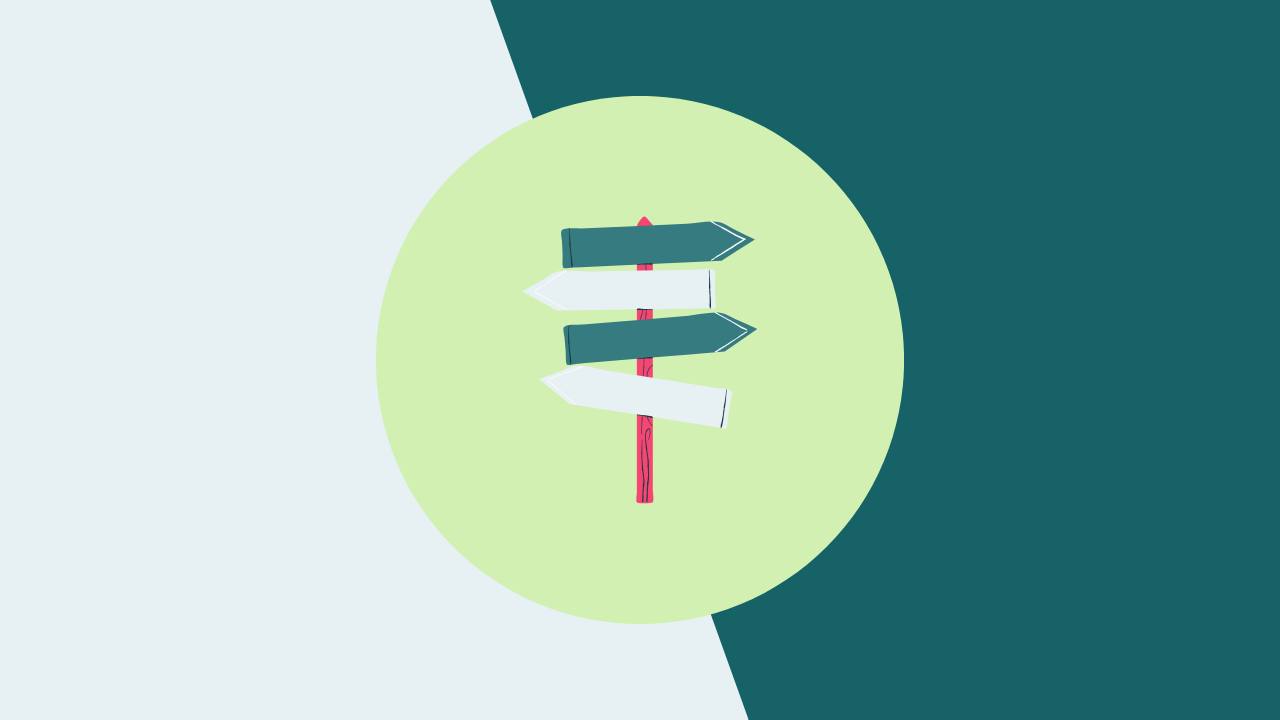AI is here. Now what?
If you haven’t engaged with or heard people talking about using AI in life or work, you’ve likely been living under a rock. It’s everywhere—from taking meeting notes, to real-time call translation, to picking your watermelon. It’s woven into our daily lives, whether we’re ready for it—or fully understand it—or not.
So the question isn’t if we’ll use it—but how we use it, stay aware, and remain grounded in our values.
How Different Generations Are Using It
Last week, Sam Altman, the CEO of OpenAI (the creator of ChatGPT), described how he sees different generations using ChatGPT.
- Boomers and Gen X: faster Google. They get their information and then go on.
- Millenials: advisor, travel planner, and 3am panic buddy.
- Gen Z: personal operating system. They’ve trained it to be an extension of themselves, conferring with it to do everything from trip planning to therapy sessions.
Even he admitted it’s a gross generalization—but I think it demonstrates how quickly it’s taken over, and how it’s not going anywhere.
I’ve noticed the shift in my own life too. Over the past eight months, it’s made my life as a solopreneur a lot easier. I can use ChatGPT as a thought partner when I’m stuck, my clients receive notes and a transcription of our call after every session, and my videos get editing support.
And while I’m saying “ChatGPT” throughout, I’m really talking about the broader category of large language models (LLMs)—the tech behind tools like Claude, Perplexity, Gemini, and others.
My Own Use—and What’s Giving Me Pause
With all this said, I don’t use it guilt-free. As a values-led business owner, I can’t help but wonder: what are the tradeoffs? There are always tradeoffs.
So, when it comes to AI, here’s what I’ve been thinking about:
What about the environmental impact?
The energy usage is real—even if the estimates keep changing and there’s still a lot to learn. About a year ago, in an effort to be environmentally conscious, I’d only use ChatGPT if I couldn’t find my answer on Google. Now, all major search engines are AI-assisted. So even if I wanted to opt out, I couldn’t.
I wonder if not using ChatGPT is becoming one of those individual actions—like recycling—that makes us feel better, but misses the bigger picture of what really needs to change: infrastructure, regulation, and corporate accountability.
Are we going to have more free time? History says probably not. Some argue AI will free us up for more leisure—but anyone who owns a washing machine likely does not have added "leisure to their day." As the adverts from the 1950s promised. Technological advances, combined with cultural pressures and capitalism, usually lead to one thing: more productivity.
What are the psychological costs? Demotivated employees? A loss of meaning or purpose? With AI, there’s going to be a learning curve—not just in how we use it, but in how it affects us. Just like we’re only now beginning to understand the implications of social media on young people—twenty years after Facebook launched—it might take just as long to understand what AI is doing to the next generation.
What I Don’t Know Enough About
There are other concerns I know I don’t know enough about:
Bias and ethics. Algorithms have long been known for their bias. Want a picture of a CEO? It’s more likely to come up male than female. Search for a nurse or assistant? You’ll mostly get women. AI systems learn from the data they’re trained on—which is, unfortunately, skewed toward the white, male experience.
Skill erosion. With students using ChatGPT to write papers and outsource tasks we once had to learn ourselves, will critical thinking take a hit? Zapier CEO Wade Foster claims that it AI will primarily do the tedious and costly tasks that we don't want to or can't. Or, is this just the 2025 version of fearing the calculator—or the typewriter?
Let’s Stay Grounded
I don’t want this to sound doom and gloom. It’s not. AI will transform healthcare, businesses, and culture—and in many ways, for the better. There are groups (like this one, and this one) thinking critically and deeply about these tradeoffs. We should - and must - pay attention.
As a solopreneur, you need to at least be thinking about AI—how it might impact your clients and their markets, how it could strengthen your offer, how it might change marketing, and more.
But part of being purpose-driven is resisting being pulled into the current just for the sake it. In this case, it’s pausing to ask: How might I engage with AI in a way that aligns with my values?
What About You?
Have you found a way to use AI that feels aligned with your values? Or do you feel resistant to it altogether?
Hit reply—or share in the comments. I want your take. I want to think through this together.





Responses